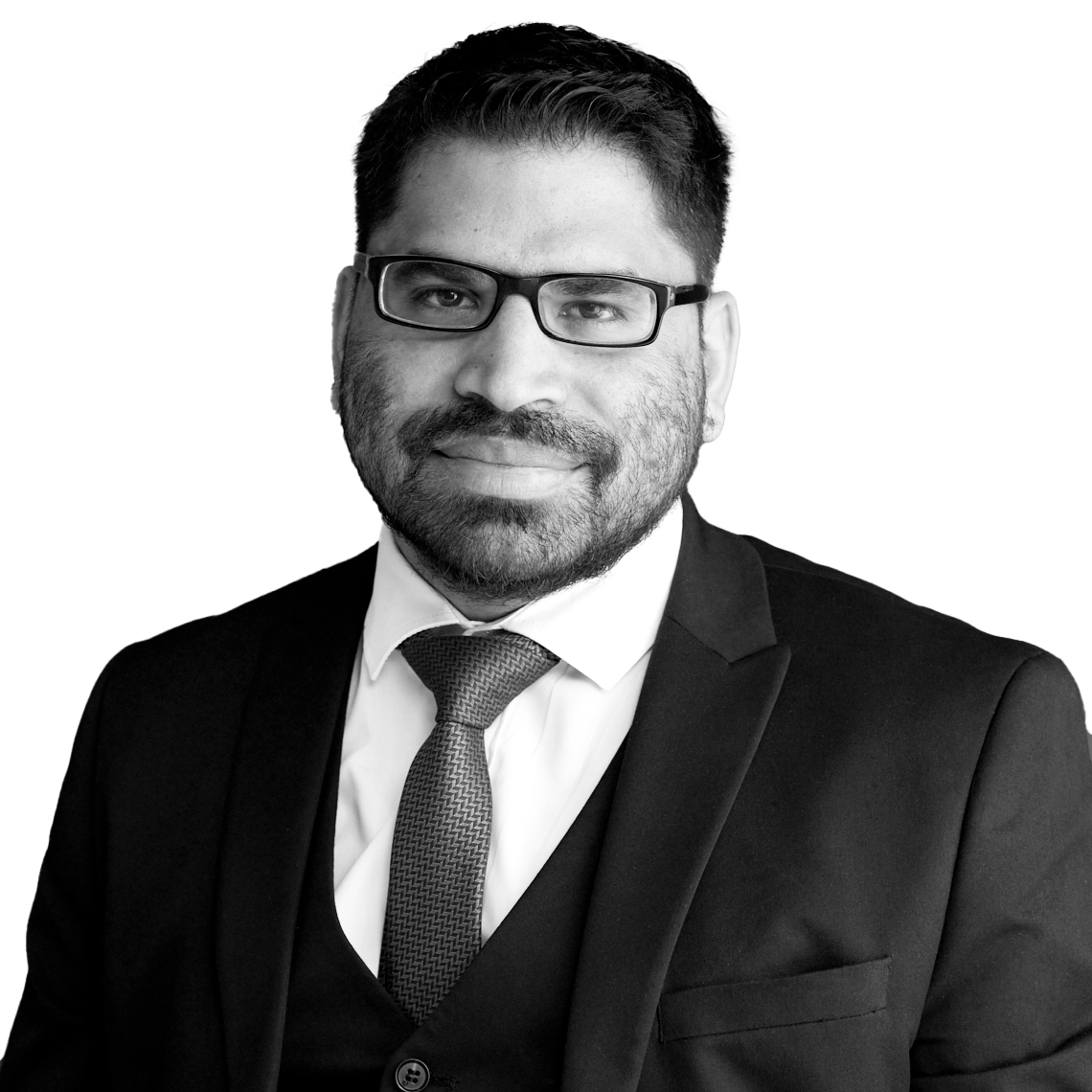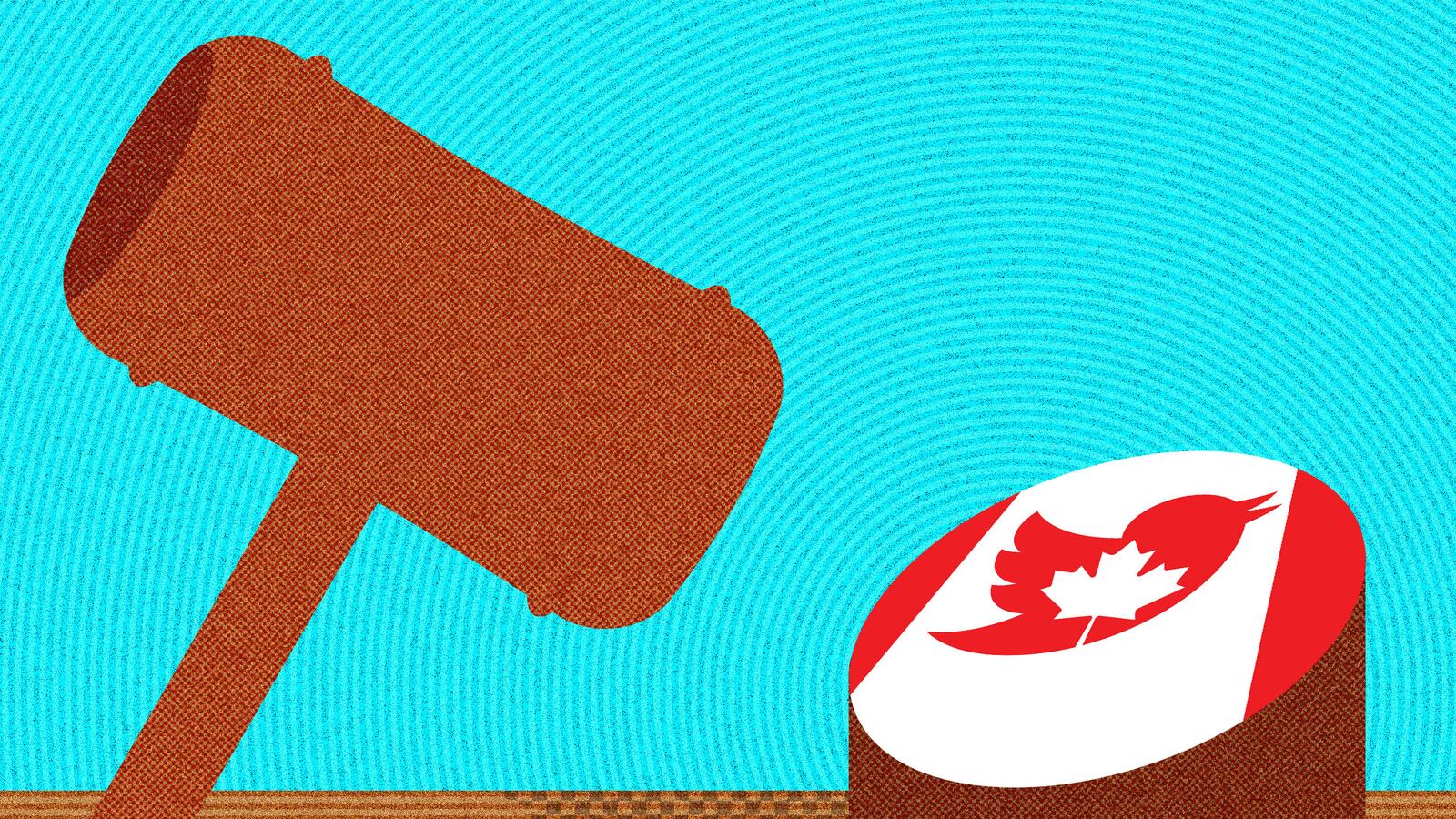Negotiating the contours of free speech and harmful speech has been a constant discussion since we began thinking about freedom as a concept. But today, where 140 characters or a Facebook post can instantly travel across the world and get you fired, that negotiating matters more than ever. Should we conclude that ethics doesn’t matter because “it’s the Internet”?
The law itself is still trying to understand how the Internet works. Consider a recent case in Canada that’s about to get a ruling. It may be the first case in the country of alleged criminal harassment solely via Twitter.
While we don’t have the full details, previous articles on this case convey that women expressed concerns of harassment when a man they blocked continued to interact with them. Regardless of being blocked, his comments at and about them continued, escalating to the point of concern when he commented on locations they apparently visited.
What’s interesting to note, however, is how The National Post phrases this:
“The graphic artist and father of four lost his job shortly after his arrest, which was well-publicized online, and if convicted, could go to jail for six months…These are astonishing repercussions given it’s not alleged he ever threatened either woman (or any other, according to the testimony of the Toronto Police officer, Detective Jeff Bangild, who was in charge) or that he ever sexually harassed them.”
Notice what the Post thinks are the only reasons worth being punished for: threats and sexual harassment. This is a thorough misunderstanding of what constitutes online harassment and the many ways it can and does occur. Worse, it completely ignores the effects it has on targets.
Consider, for example, the teen hacker who recently pleaded guilty to 23 charges relating to online harassment. More importantly, consider his targets. As Wesley Yin-Poole writes:
“[The teen hacker] would…post personal contact information [of victims] online and repeatedly call victims late at night…Victims ranged in location from B.C. to states across the US, including Minnesota, Utah, Arizona, Ohio and California.
One woman, a student at University of Arizona in Tucson, was forced to drop out of her course due to the teen’s continued harassment. Armed police were called to her house twice within the same week, and family members were removed from the home at gunpoint.”
None of this required sending threats or expletive-filled messages directly to the targets. But we already know this: Stalkers leave letters filled with adoration; catcallers shout out what they consider to be compliments to women.
And harassers are the ones often protected by the current nature of the Internet. As WHOA (Working to Halt Online Abuse) notes: “The very nature of online crimes means that we have little information regarding the harassers, as most victims either don’t know their harasser or do not know enough information about them for us to record.”
It’s no coincidence that targets of harassment are frequently women. As The Atlantic noted at the end of last year: “The U.S. Department of Justice statistics suggest that 850,000 American adults—mostly women—are targets of cyber-stalking each year, and 40 percent of women have experienced dating violence delivered electronically. A recent study by the Pew Research Center found 40 percent of adult Internet users have experienced harassment online, with young women enduring particularly severe forms of it. Thirty-eight percent of women who had been harassed online reported the experience could be described as extremely or very upsetting to them.”
It gets even worse if you’re a ++woman of color++ [http://www.alternet.org/unbelievable-harassment-black-women-face-daily-twitter].
The digital landscape has transformed how we perceive and do harm. Ellen Pao, the now ex CEO of Reddit, writes: “We were naive in our initial expectations for the Internet, an early Internet pioneer told me recently. We focused on the huge opportunity for positive interaction and information sharing. We did not understand how people could use it to harm others.”
As Pao knows firsthand of being both in charge of and targeted by spaces where such harassers congregate, the protection of what so many consider “free speech” is a caricature. It’s not free speech that so many want defended, but license to say and distribute whatever they want without consequence.
This is particularly the case for young, white, middle-class men that comprise the majority of “free speech havens” like Reddit. It’s what writer Ryan Broderick calls the “nerdy white men’s Internet,” which, he argues, must be “bulldozed” so others can actually feel safe using the Internet.
Anything less than hosting content these people produce amounts to censorship. When sites close comment sections—an increasingly moral policy—these vocal “free speech warriors” consider themselves silenced; blocking people on social media amounts to being censored. Every place where their words are made into permanent pixels must allow for it; they expect every space to be a soapbox.
Sites do close and heavily moderate comment sections; social media still allows blocking. These are not sufficient, but it at least shows many places do not agree with these people’s caricature of free speech—which is really that others be forced to listen and be bullied.
But some places do not and some sites’ managers consistently don’t see it as an issue.
Reddit’s response to hosting racist groups isn’t closing such spaces down but putting a sign on the door essentially saying “too edgy for you.” Jezebel had to resort to a kind of public shaming to get anyone to notice its comment section getting filled with violent, misogynistic imagery. Time and again, upper management seems more concerned with this widespread caricature of “free speech” than the targets of that speech.
Twitter is notoriously unhelpful in its response. It has made strides to help targets, but still expects users to document harassment, prove impersonators are not you (you have to submit government-approved documents to prove you’re you, if you report an impersonator). It’s all such a process that many will not bother.
This exhaustion on the part of targets is key to why harassment continues. Remember, targets are still dealing with the harassment itself, and now must endure the process of convincing those assigned to protect them to actually do so.
Sites can claim they have protection policies, but, sorry, you didn’t complete the various steps; and they can say they maintain free speech because of these policies, but policies only kick in once a target has leapt through the various hoops. Harassers, meanwhile, can continue harassing because they already consume all the target’s energy.
The spirit of “free speech” is put above freedom from harassment, bullying, or shaming. And it’s having horrific results—leaving jobs, avoiding careers, even contemplating suicide. The response from abusers and apologists is to “grow a thicker skin.” That “this is the Internet.” But it’s not. It’s the Internet as abusers want it. We should change that.
While we don’t always know the impact of what we tweet or post will have, we should always consider minimizing harm. We all publish when we tweet, when we post, when we comment. Anyone can start a blog, send photos, or make false accusations. We already know the damage of ++“revenge porn” sites++ [http://www.thedailybeast.com/articles/2015/02/27/is-this-the-end-of-revenge-porn.html] that rely on anonymous submissions of mostly spurned ex boyfriends.
We need to stop letting speech be above harm. We need to combat this as the essence of the Internet.
“Freedom of expression means little as our underlying philosophy if we continue to allow voices to be silenced because they are afraid to speak up,” writes Vijaya Gadde, general counsel of Twitter. In other words, free speech is bullshit when people are afraid to speak.






